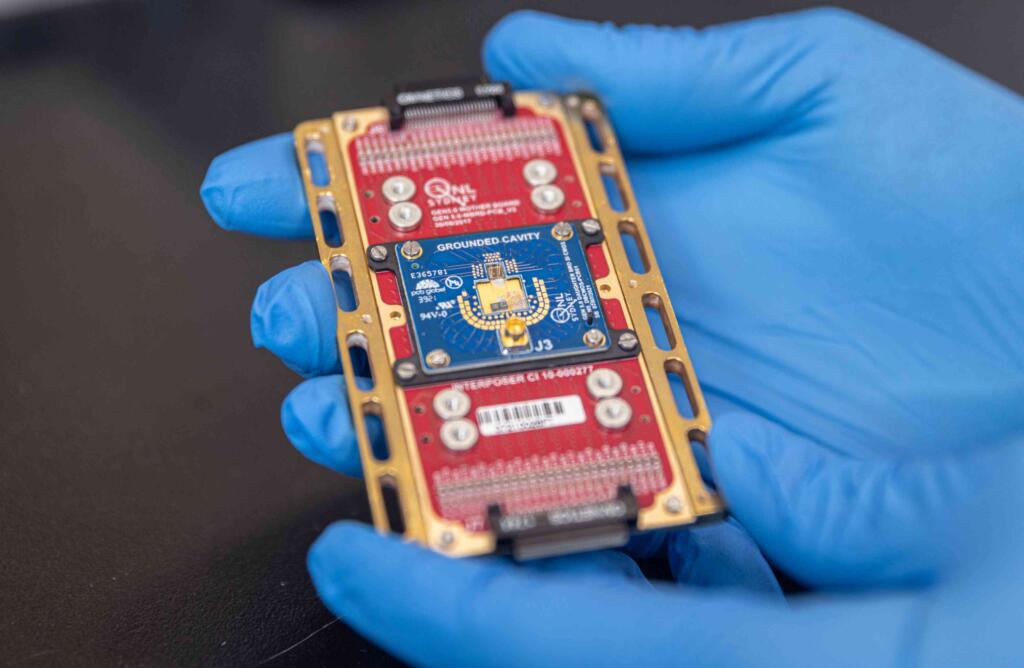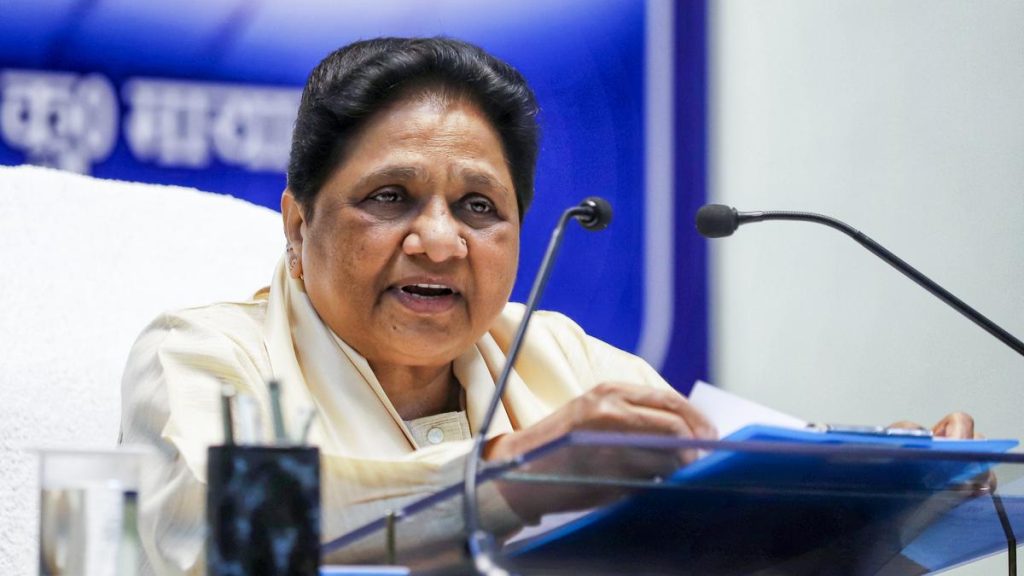Now Reading: Breakthrough in Spin Qubits Brings Million-Qubit Quantum Computers Closer to Reality
-
01
Breakthrough in Spin Qubits Brings Million-Qubit Quantum Computers Closer to Reality
Breakthrough in Spin Qubits Brings Million-Qubit Quantum Computers Closer to Reality

Speedy Summary
- Researchers at the University of Sydney, led by Professor David Reilly, have developed a silicon chip capable of controlling spin qubits at milli-kelvin temperatures, just above absolute zero.
- Spin qubits encode facts using the magnetic direction of single electrons and require sub-1 kelvin temperatures for maintaining quantum states.
- Scaling up spin qubits requires integrated electronics at cryogenic temperatures without degrading performance due to heat and electrical interference near fragile quantum states.
- The team demonstrated that complex control systems can coexist with spin qubits while preserving thier fidelity, marking a breakthrough towards scalable quantum computing systems with millions of qubits.
- Qubits supplied by Diraq were controlled using a new chiplet designed by emergence Quantum, co-founded by Reilly and Dr. Thomas Ohki.
- Findings show negligible impact on single-qubit fidelity, coherence time for multi-qubit operations, and resistance to electrical noise despite close integration with CMOS transistors operating within 10 microwatts power consumption.
Indian opinion Analysis
This advancement in cryogenic CMOS technology represents an crucial milestone in scaling up quantum computing globally. For India’s rapidly growing tech landscape-especially its aspirations in semiconductor manufacturing-this achievement signals opportunities to innovate in foundational technologies like cryo-CMOS architecture. By developing capabilities along these lines or fostering partnerships with pioneers like Emergence Quantum, India could possibly leap onto the forefront of next-generation computing.
The proof-of-concept ensures that dense integration at milli-kelvin levels is not an insurmountable hurdle for future million-qubit machines. However, scaling challenges remain due to technical constraints like thermal management during extended operations. These developments are particularly notable as India grows its academic expertise and explores focus areas such as deep-tech research hubs across institutions including IITs.
Quantum breakthroughs abroad consistently emphasize interdisciplinary collaboration between academia and industry-a model India should study closely as it builds upon recent initiatives promoting domestic chip design ecosystems under programs such as “Digital India Semiconductor Mission.”




























